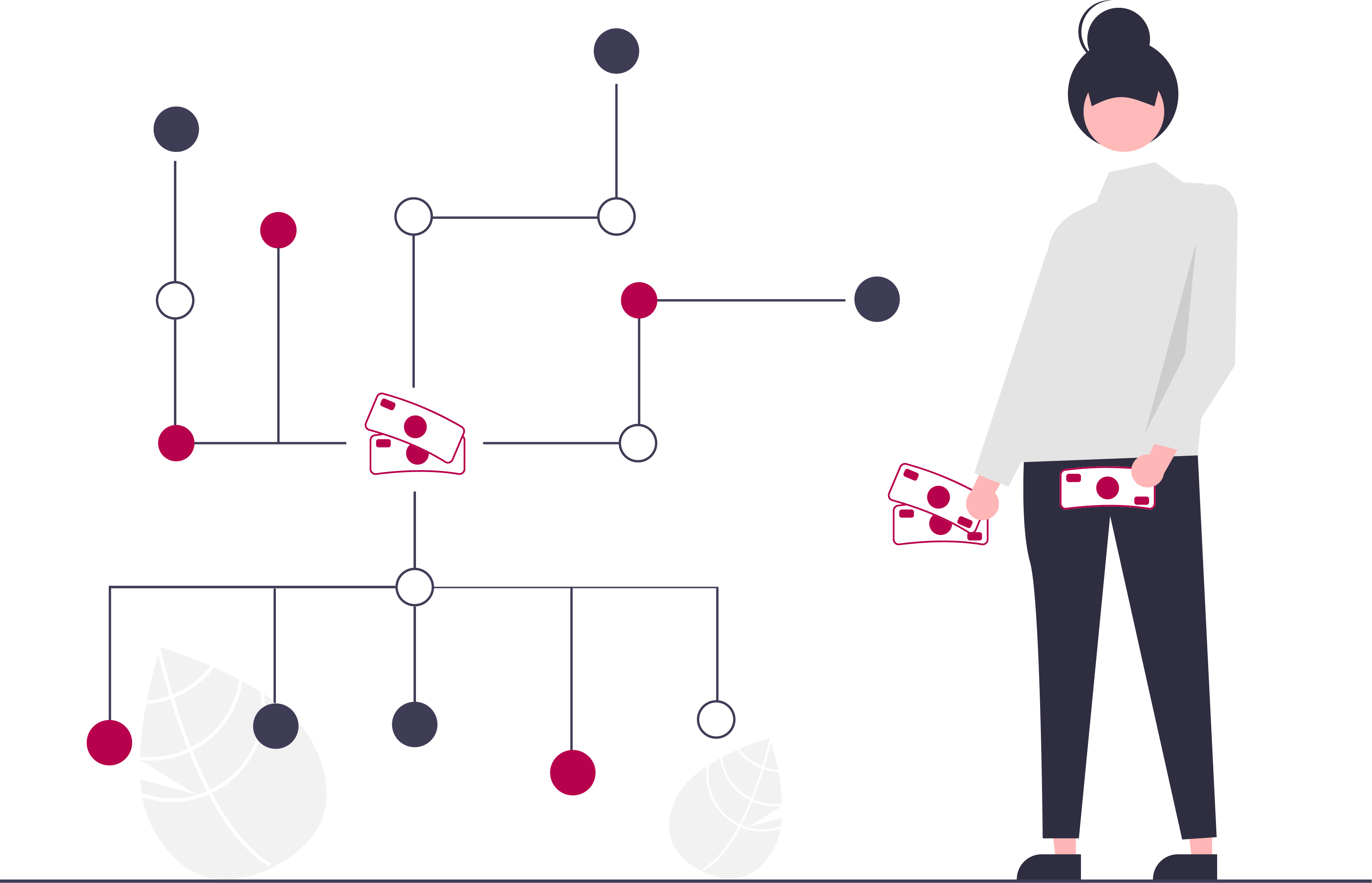Alliances for Action Service Centre (Core Network)
Overview
Summary
The Alliances for Action A4A service centre intends to support the scaling of the Alliances for Action (A4A) approach by expanding partnerships and networks and by supporting knowledge dissemination and innovation. When implemented in ITC projects or programs, A4A seeks to develop responsible, inclusive and sustainable trade by aligning investment and coordination across the full ecosystem of VC actors and by building competitiveness especially in agribusiness. Through adopting participatory partnership models, the A4A team engages smallholder farmers and MSMEs in order to manage risk and facilitate networks that provide the required technical expertise and capacity building.
With major focus on the development of agriculture and agri-business value chains the work is designed to : (1) strengthen productive, processing, and commercial alliances and networks 2) improve capabilities of MSMES, farmer cooperatives and collaboration within value chains and their ecosystems 3) facilitate a bottom up business-friendly, inclusive and responsible Private Public support ecosystems and 4) Promote inclusive and responsible market linkages.
All the above in the context of development and the achievement of the SDGs ; the EU External Investment Plan and the OACPS private sector development Strategy.
A4A project delivery is structured around five components that drive the project design, implementation, monitoring and evaluation:
- UNDERSTAND: Component 1 primarily involves completing a market systems analysis and a business model assessment for the value chain, cluster, and industry of interest. It entails the collection of detailed market and industry trend data, VC and MSMEs performance assessments, stakeholders’ analysis, governance mapping and characterization.
- CONVENE – Thanks to ITC convening power, multi-level public-private partnerships are established as part of the implementation of Component 2. These Alliances put into action the findings and recommendations of the outputs from Component 1 and other existing evidence. The private, public platforms design value chain business plans and additional existing sector support and partnership plans.
- TRANSFORM: Delivery of technical capacity building package to ‘unlock’ inclusive growth, MSMEs and value chain competitiveness in selected sectors. Component 3 focuses on delivering the professional capacity building support package. It focuses on the delivery and reinforcement of existing and innovative technical services in response to the needs and collaboration arrangements outlined in the alliance business model, mentioned in Component 2. Areas of interventions include: strengthening of market analysis, market intelligence tools for SMEs and TISIs; developing capacities on quality and certification compliance; developing skills for sales generation (how to participate in virtual fairs and B2B meetings); ensuring compliance to social and environmental sustainability principles; establishing a traceability system, from farm to fork; accompanying the digitalization process and e-commerce platforms development; enhancing branding and communication strategies and material; identifying solutions to facilitate access to finance, Its success relies on the strength of the network of institutions providing support and investment by Alliances’ partners.
- INVEST: Improving access to financial services and impact investment in value chains. Component 4 aims at determining the feasibility and efficiency of the existing supply of financial instruments based on MSME types, production systems, and target markets. Most importantly, the focus is to identify and consolidate partnerships with finance and impact investment institutions to provide necessary funding for the implementation of the VC and alliance business plans. Partnerships among investors, government agencies, financial institutions, regional development partners, and buyers, which work towards a common interest of availing suitable finance, is strengthened or created.
- IMPACT: The monitoring and evaluation system of Component 5 focuses on ensuring accountability, improved performance, and learning for the future. This participatory system tracks selected value-chain-based indicators as well as development-related objectives. Documenting and sharing lessons learnt for future public-private collaborations is part of this component. The communication strategy involves reaching and connecting with local, national, international audiences and stakeholders in several thematic areas.
The establishment of partnerships and networks is an essential underlying element of the A4A approach as it contributes to mobilise collaboration, expertise and investment into the alliances along with sustainability of the approach over time. The project will enable the provision of support to the core programmatic work of Alliances for Action team and partner networks. through the implementation of A4A support services ITC and its partners will be able to promote, develop and support innovative approaches and partnerships in selected value chains.







